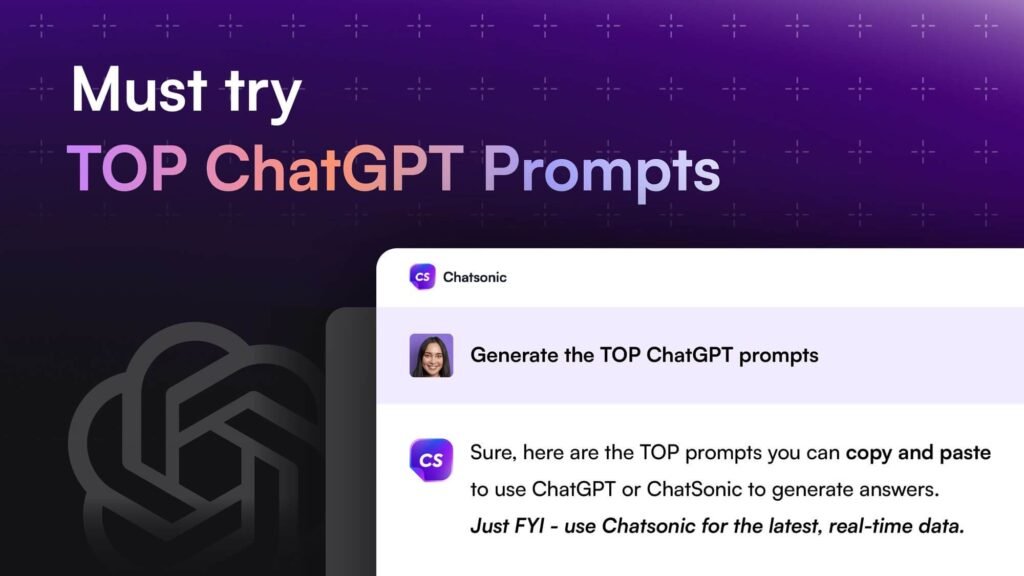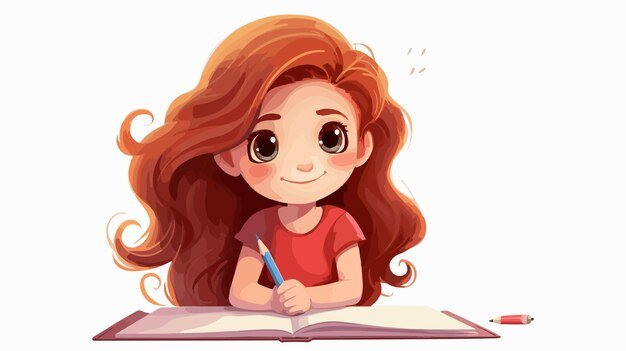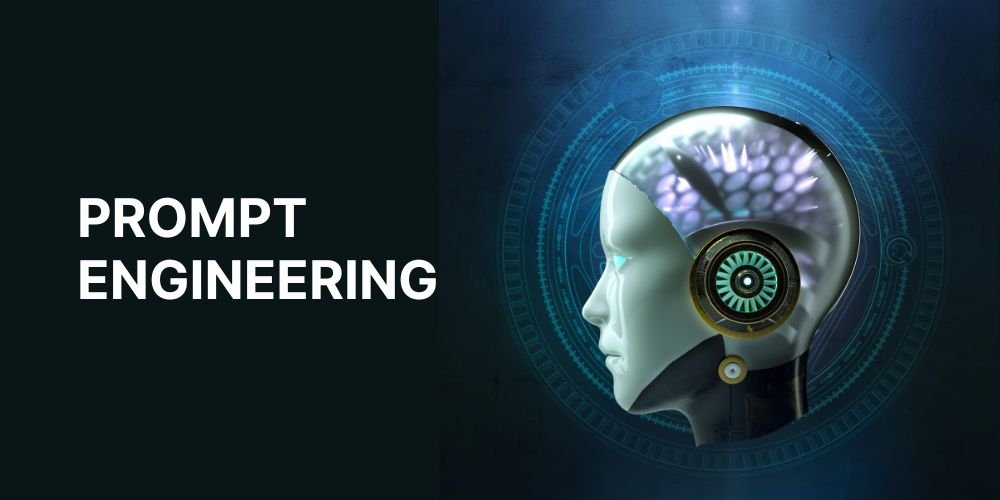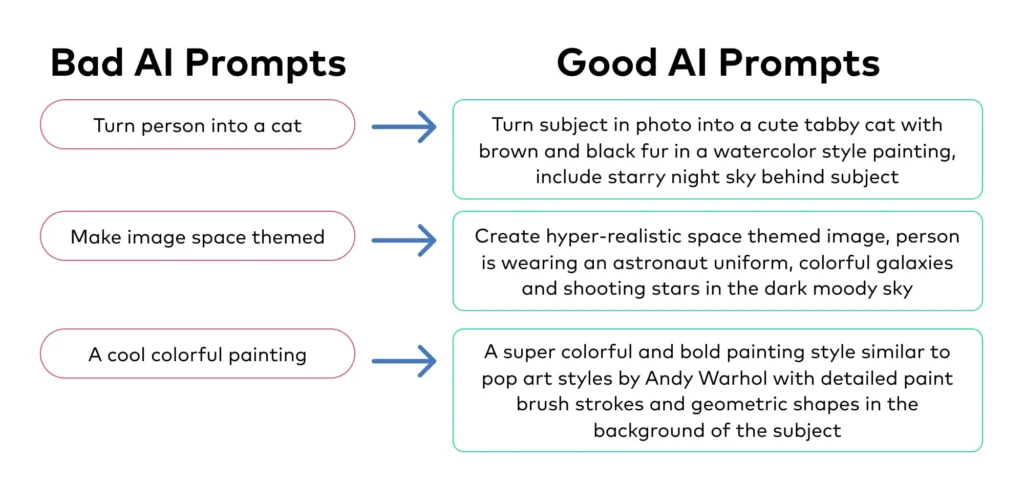
Artificial Intelligence is changing the way we create content — and that includes writing books . Whether you’re working on a novel, nonfiction guide, or self-help book, AI can help you brainstorm ideas, develop characters, overcome writer’s block, and even draft full chapters .
1. Choose the Right AI Writing Tool for Your Book
There are several AI-powered writing platforms designed specifically for long-form content like books:
🧠 ChatGPT / GPT-4
- Best for outlining, drafting, and rewriting
- Can help brainstorm plot points, dialogue, and character development
📖 Sudowrite
- Designed specifically for fiction writers
- Helps with scene expansion, character voices, and story consistency
✍️ Jasper
- Great for nonfiction, guides, and self-help books
- Includes templates for book intros, chapters, and conclusions
🗂️ Notion + AI Add-ons
- Organize your outline, world-building notes, and research
- Use Notion AI for summarizing, rewriting, and expanding sections
Pro Tip: Start with ChatGPT or Sudowrite depending on whether you’re writing fiction or nonfiction.
2. Outline Your Book Using AI
Before diving into writing, let AI help you structure your book effectively.
Example Prompts:
- “Create a chapter-by-chapter outline for a mystery novel set in New York.”
- “Generate a table of contents for a self-help book about time management.”
- “List key themes and character arcs for a fantasy trilogy.”
AI will provide a structured plan based on genre conventions and storytelling frameworks like the Hero’s Journey or Three-Act Structure.
3. Develop Characters & Dialogue
Struggling with character development? Let AI help bring your characters to life.
Features to Try:
- Generate personality profiles for your main characters
- Write sample dialogues based on character traits
- Keep track of voice consistency across chapters
Example Prompt: “Write a conversation between a sarcastic detective and a nervous witness.”
4. Overcome Writer’s Block With AI Prompts
Stuck on a scene or paragraph? AI can give you inspiration or even write a first draft you can refine later.
Try This:
- Paste your last paragraph into ChatGPT and ask:
“What should happen next?” - Describe a vague idea and ask AI to turn it into a detailed scene.
- Ask for alternative versions of a sentence or passage to spark creativity.

Final Thoughts
Using AI for writing a book doesn’t mean letting a machine do all the work — it means enhancing your creativity, saving time, and refining your ideas faster . Whether you’re drafting fiction, nonfiction, or anything in between, AI tools can be your most powerful writing partner yet.
Start small: try using AI to generate one chapter outline or character profile this week — and watch your story come together faster than ever.

Frequently Asked Questions (FAQs)
Q: Can I write a full book using AI?
A: Yes — many authors now use AI to assist with drafting, editing, and organizing content. However, human input is still essential for tone, depth, and emotional resonance.
Q: Is it ethical to use AI when writing a book?
A: Yes — as long as you’re transparent about AI assistance and retain creative control. Think of AI as a tool, not the sole author.
Q: Do I need technical skills to use AI for writing a book?
A: No — most AI writing tools are user-friendly and only require basic typing and copy-paste actions.






0 Comments